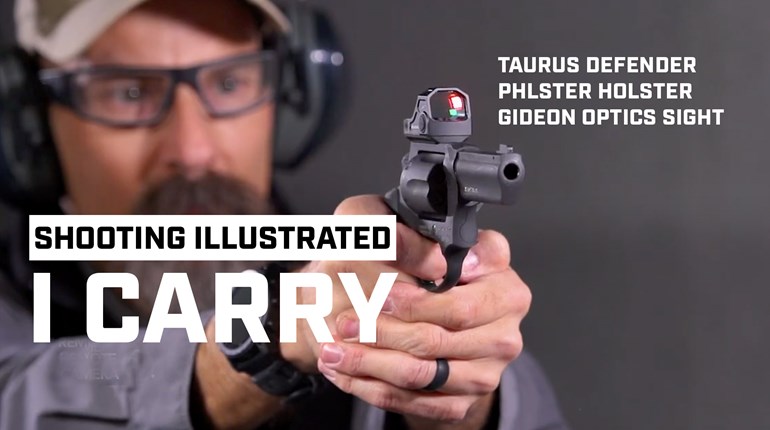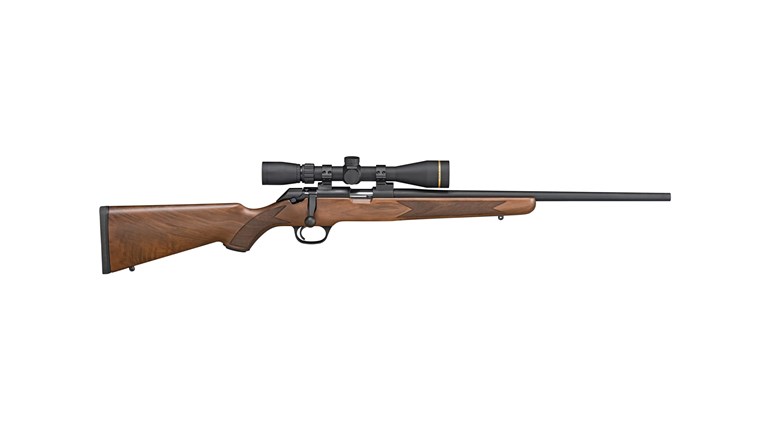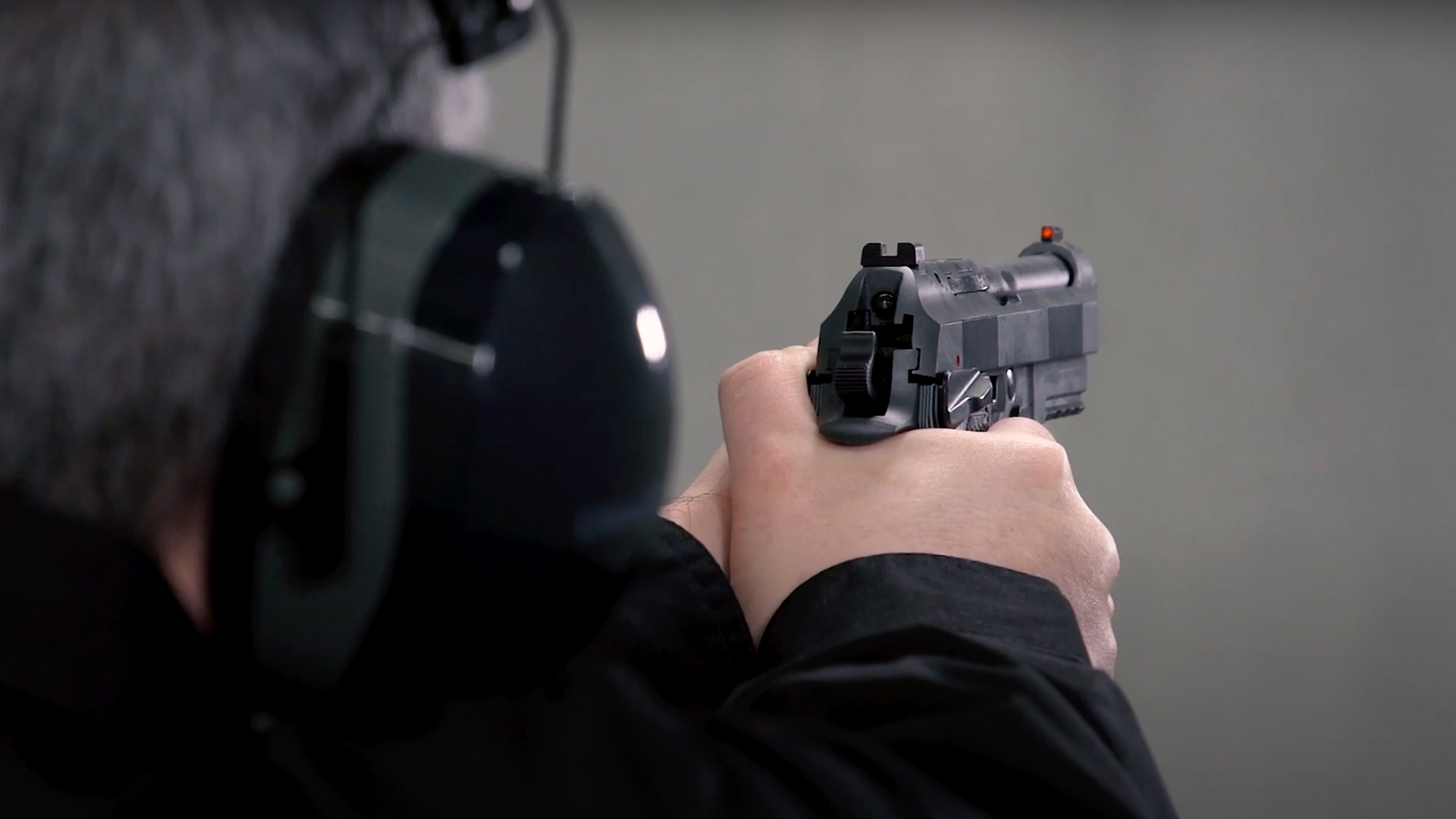
A shooter’s score and position on the leaderboard will be determined by their performance at the match. Unfortunately, mistakes made before the match can often combine to thwart their best performance. Here are some mistakes shooters should avoid making prior to a competition.
NOT PREPARING GEAR
Clean, properly lubricated guns shoot more reliably than dirty guns, especially if they’re chambered in .22 Long Rifle. A quick clean and lube takes little time. When lubing it pays to check the weather report. Cold weather can cause heavier oils to get sluggish and impede function. Lighter lubes are suggested. The reverse is true in extremely hot weather. Don’t forget magazines, speedloaders and moon clips—they need to be checked. It also takes little time to check the lenses on reflex sights to make sure they’re clean, as well as the battery compartment being properly snugged. In addition, ammunition needs to be counted to make sure there is enough to account for misses and possible re-shoots.
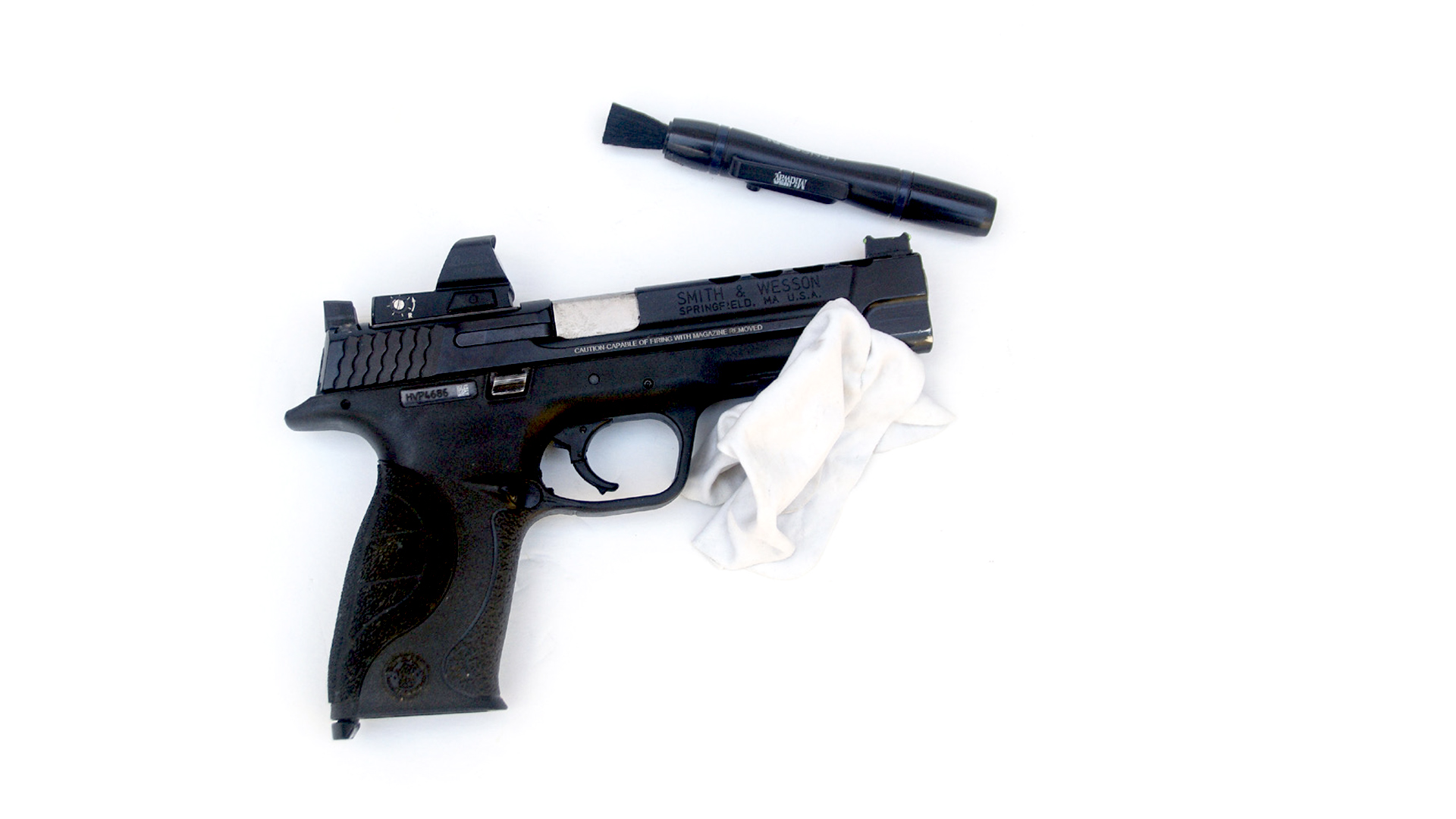
As well, unless the match is one you consider a “practice” match, it’s wise to leave new gear that has not been fully tested, whether ammo, reflex sights or other equipment, at home. Thoroughly testing new gear before you have to depend upon it is smart.
UNPREPARED TO DEAL WITH MALFUNCTIONS
A wise man named Murphy once proclaimed, “Anything that can go wrong will, and at the worst possible moment.” Coincidentally, one of his favorite hobbies is following shooters around during a match.
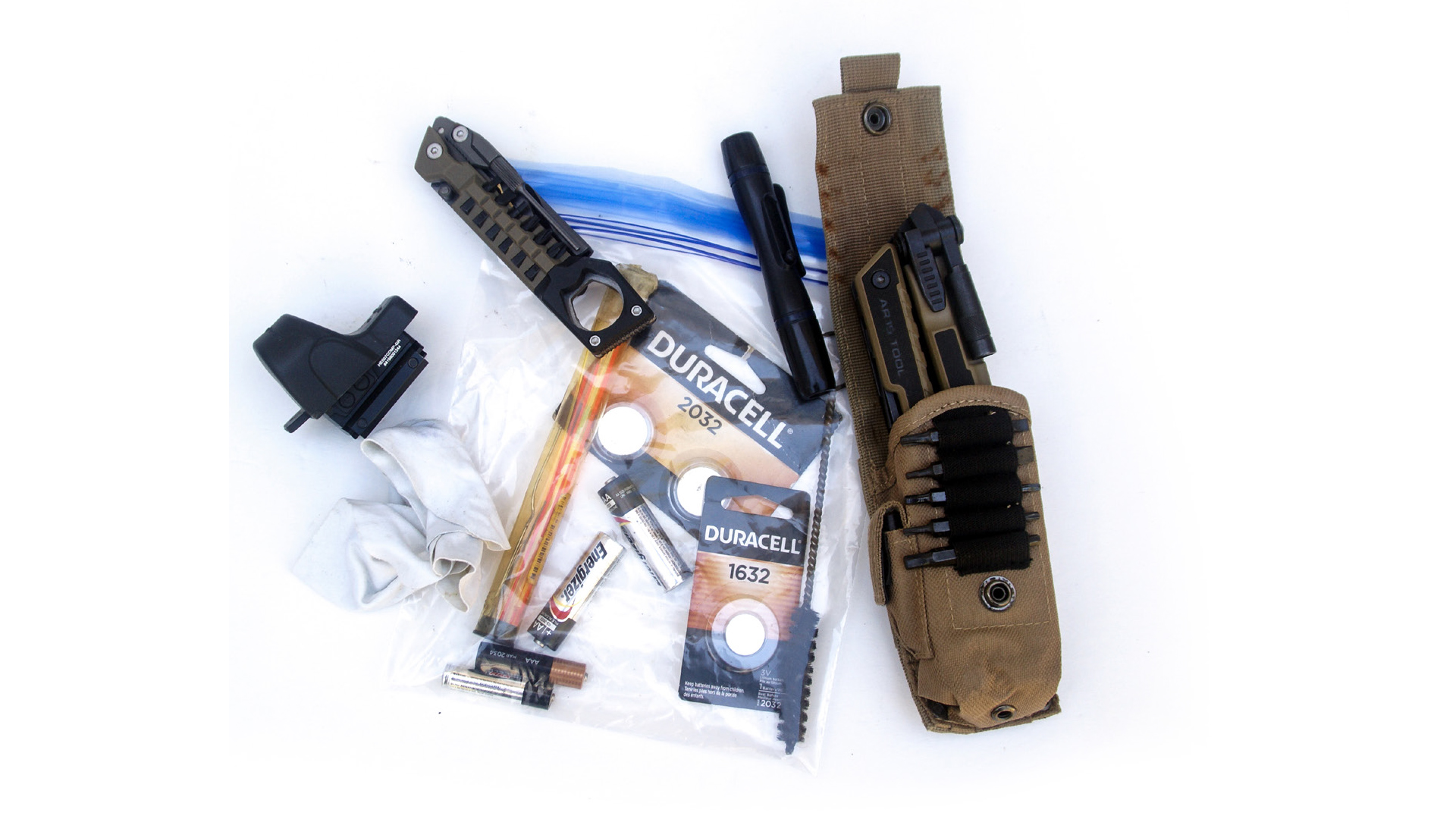
Regardless of how well a shooter’s gear is prepared things can go wrong. Screws, whether for handgun grips, sight mount or holster tension, can loosen. I find Real Avid’s Pistol Tool and AR-15 Tool have enough bits and Allen wrenches to deal with that, as well as having other useful tools.
A squib that lodges in the barrel can also occur, even with factory loads. For this, I tote an old cleaning rod in my vehicle, and the Real Avid AR-15 Tool has a tap hammer.
Batteries for sights or electronic ears can work just fine—until they don’t. The same holds true for magazines, speedloaders and moon clips. Carrying spares is smart.
Reflex sight lenses can become fouled with lubricant blow back, windy days on a dusty range or other environmental conditions. A Lenspen and lens cloth are good to have on hand. Sometimes reflex sights will just die. Many upper-level shooters will carry a spare optic—that has been zeroed on the gun—with them. It may not shoot to the perfect point of aim when reinstalled, but it will be close enough to finish the match.
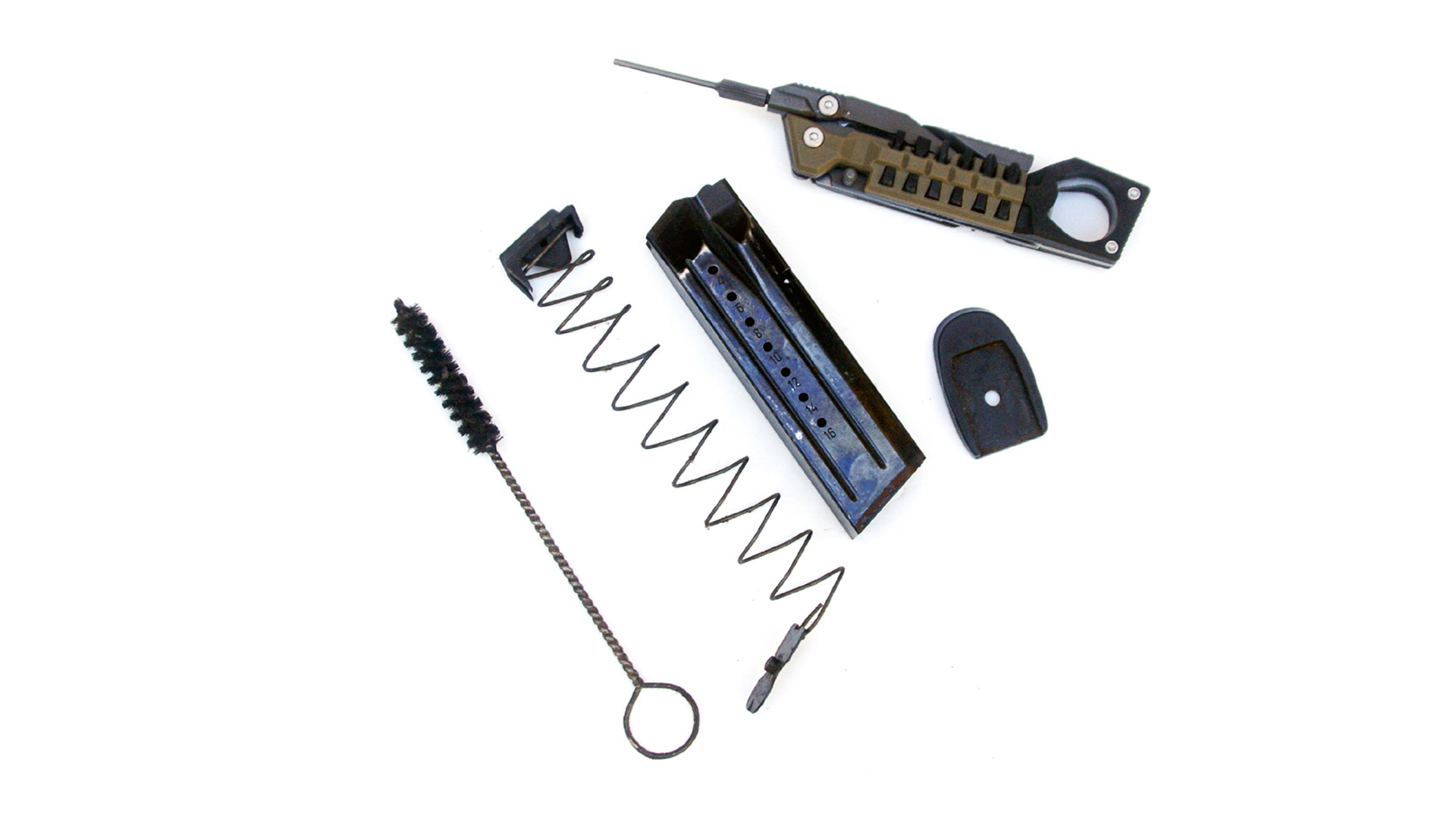
Magazines are another potential problem. They may be perfectly clean at match start, but that can change once they get punched out and hit the ground a few times. I’ve shot on some Florida ranges with fine sand that managed to slip its way inside. They became gritty and needed a brushing out. At an IDPA National Championship in Berryville, Ark., it rained for a few days, which turned the clay range base into thick mud. Any magazine that hit the ground was instantly fouled. The staff placed water buckets to let shooters swish them out, but it was an ineffective solution. Those shooters who had the tools to strip and clean their mags fared well. Others, not so much.
It doesn’t take much to strip a stick magazine. The aforementioned tools provide the punch to remove the base plate, and a soft bristle brush in .38 or .40 caliber will make cleaning quick and simple.
Those shooting iron sights with fiber-optic inserts are well advised to carry extra fiber-optic rods. It’s not unheard of to break a front sight fiber-optic rod when shooting through tight ports. Replacing a rod is simple and takes little equipment.
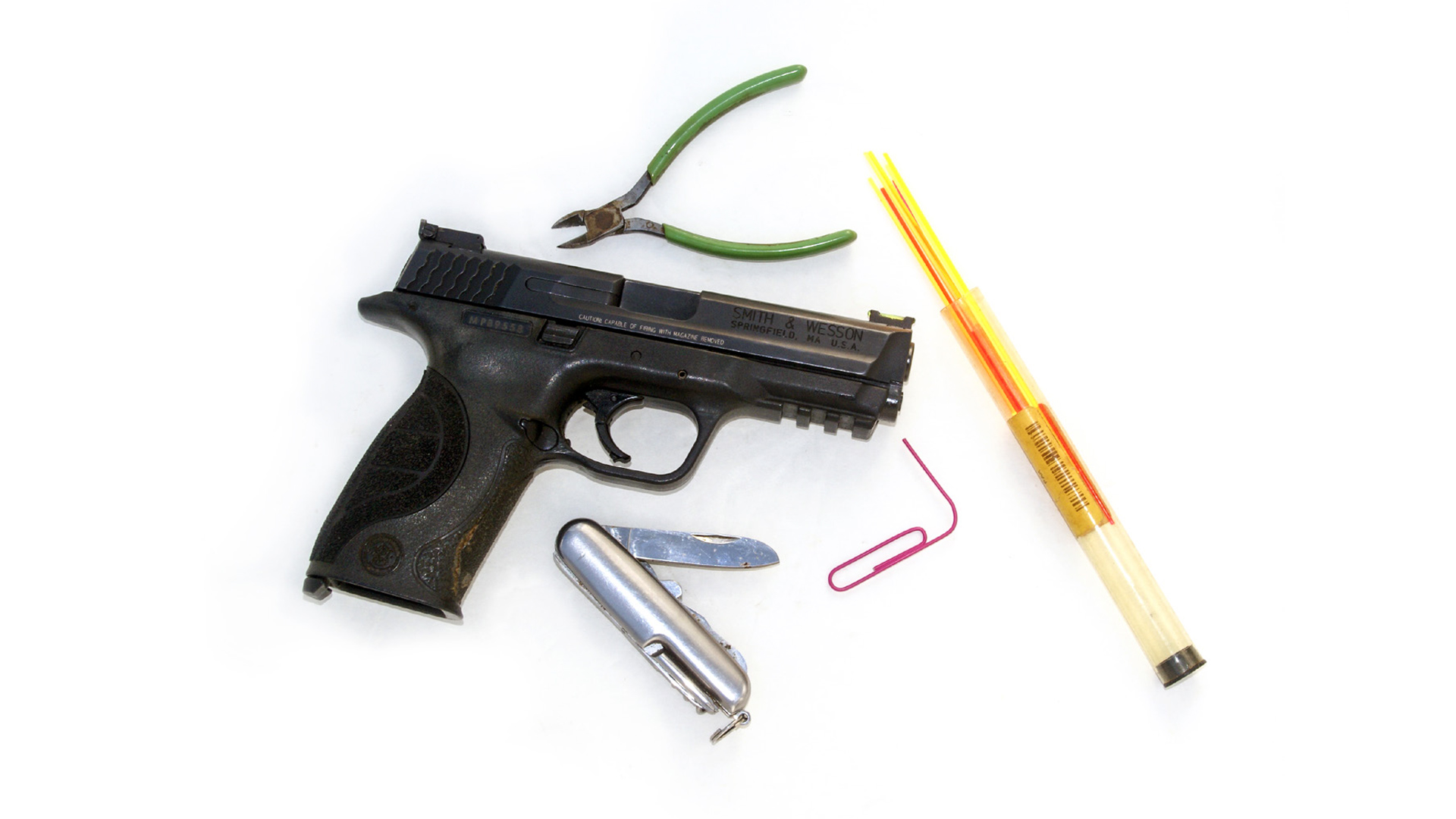
An effective malfunction kit can fit into a quart-sized plastic bag and takes up little room. But it can save a match if the shooter has it with them.
BREAKING YOUR NORMAL ROUTINE
A match takes physical effort, although not nearly as much as other sports. What is required is sharp mental focus, clear vision and the ability to consistently preform practiced repetitive tasks at a highly efficient level. Human beings accomplish this best when their bodies are in their normal circadian rhythm—normal mealtimes, normal bed and sleep time and normal daily routine.
That isn’t hard to adhere to, if it’s a local match that you leave from your home to and drive to in the morning. It becomes much tougher if the match involves distant travel and overnight stays in a hotel.
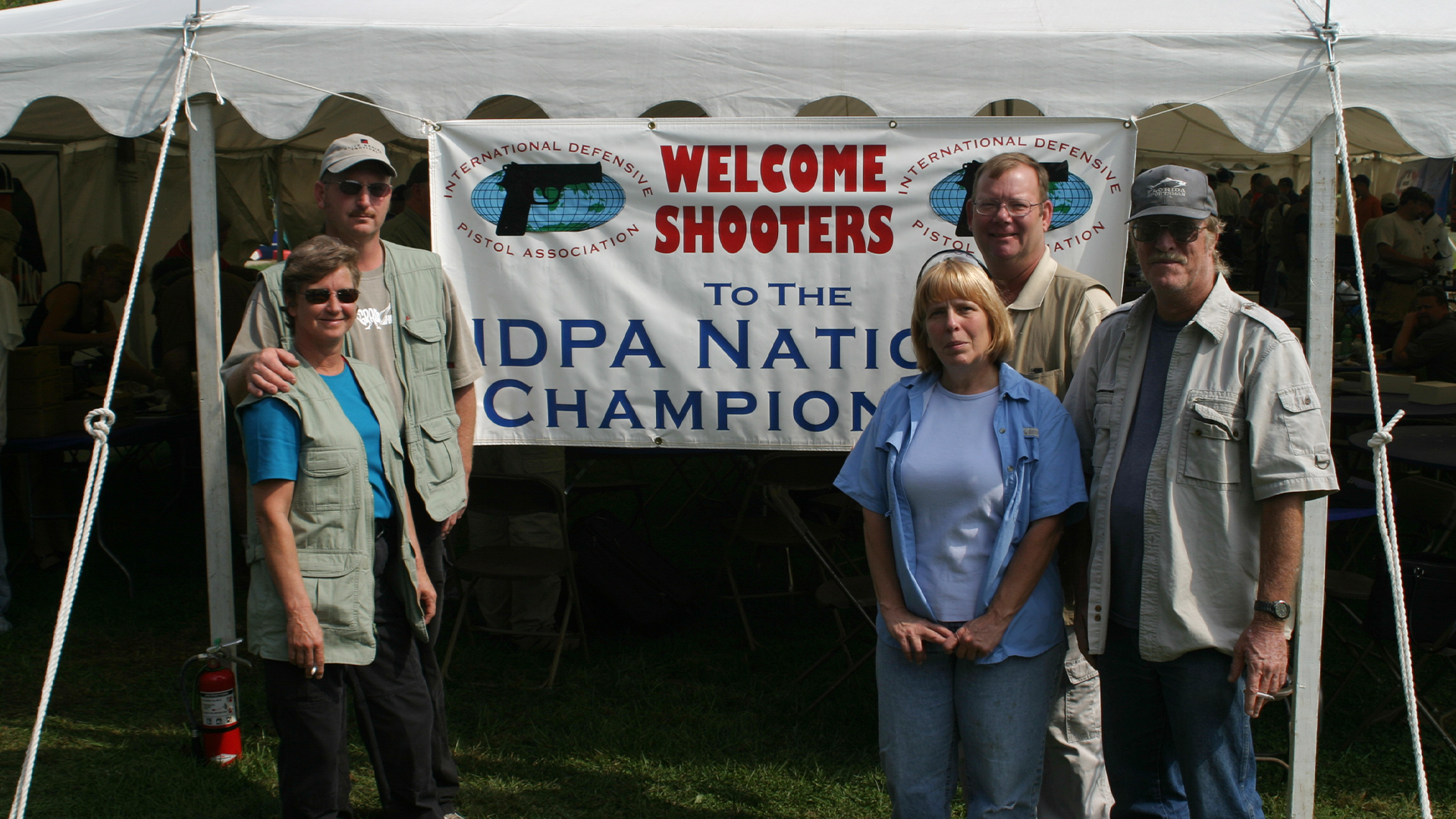
It’s not uncommon at major matches for a competitor to meet fellow shooters they haven’t seen in a while, head out to a late dinner, and then extend the evening at a local watering hole swapping stories over numerous adult beverages. That seldom results in great match performance the next day.
Another real problem with distant matches that require hotel stays is that many people have trouble sleeping in a strange bed the first night, and sometimes the second. This is especially true for older shooters.
I know some shooters who carry a small portable white noise machine with them and feel that it helps. My “hack” is to pack a pillowcase that I have slept on for a few nights, along with the red LED alarm clock from my nightstand. My pillowcase goes onto the hotel pillow and the clock is set up in the same place it is at home. The texture and scent of the pillowcase and the familiar soft red glow brings a touch of home that helps me overcome the new bed syndrome.
The more a shooter can do to keep to their normal routine, the better their performance will be on match day.
OOPS! I FORGOT SOMETHING
There are a number of items a shooter will need with them on match day. Trying to gather them all together and properly packed in a hurry the morning of a match has serious drawbacks. I remember one Florida IDPA match, where the Match Director found himself in a rush on match morning, and was rushing to get there and get it set up. He accomplished that. But when it came his turn to shoot, he discovered that in his haste he had forgotten his ammunition. He was the only one shooting a 10 mm, so his fellow shooters were unable to help.
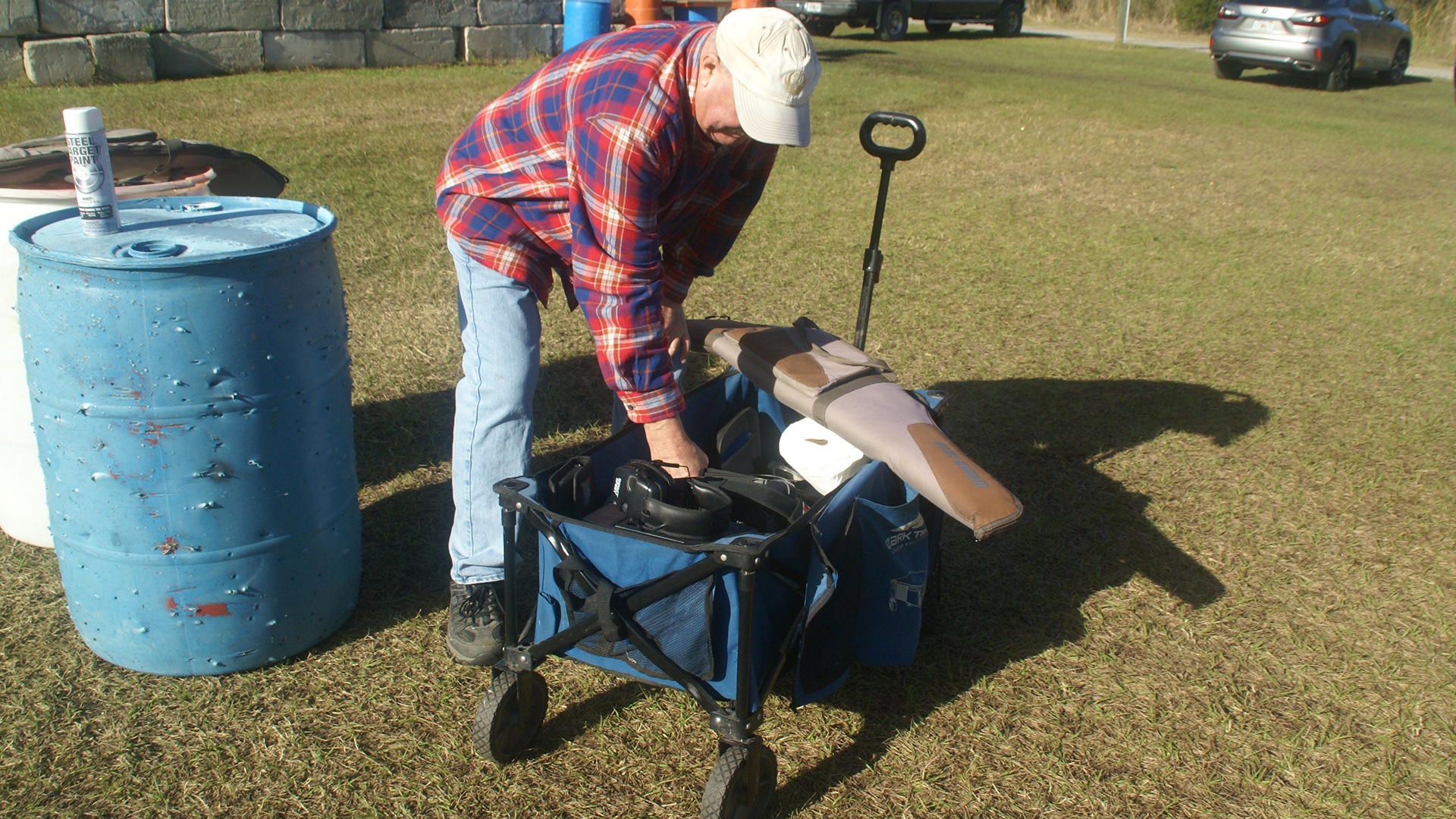
Experienced shooters will carefully pack their gear before match day, and many will use a checklist. It’s much more effective, and stress free, to simply pick up packed bags and leisurely head out the door, than it is to scamper around trying to find everything at the last minute.
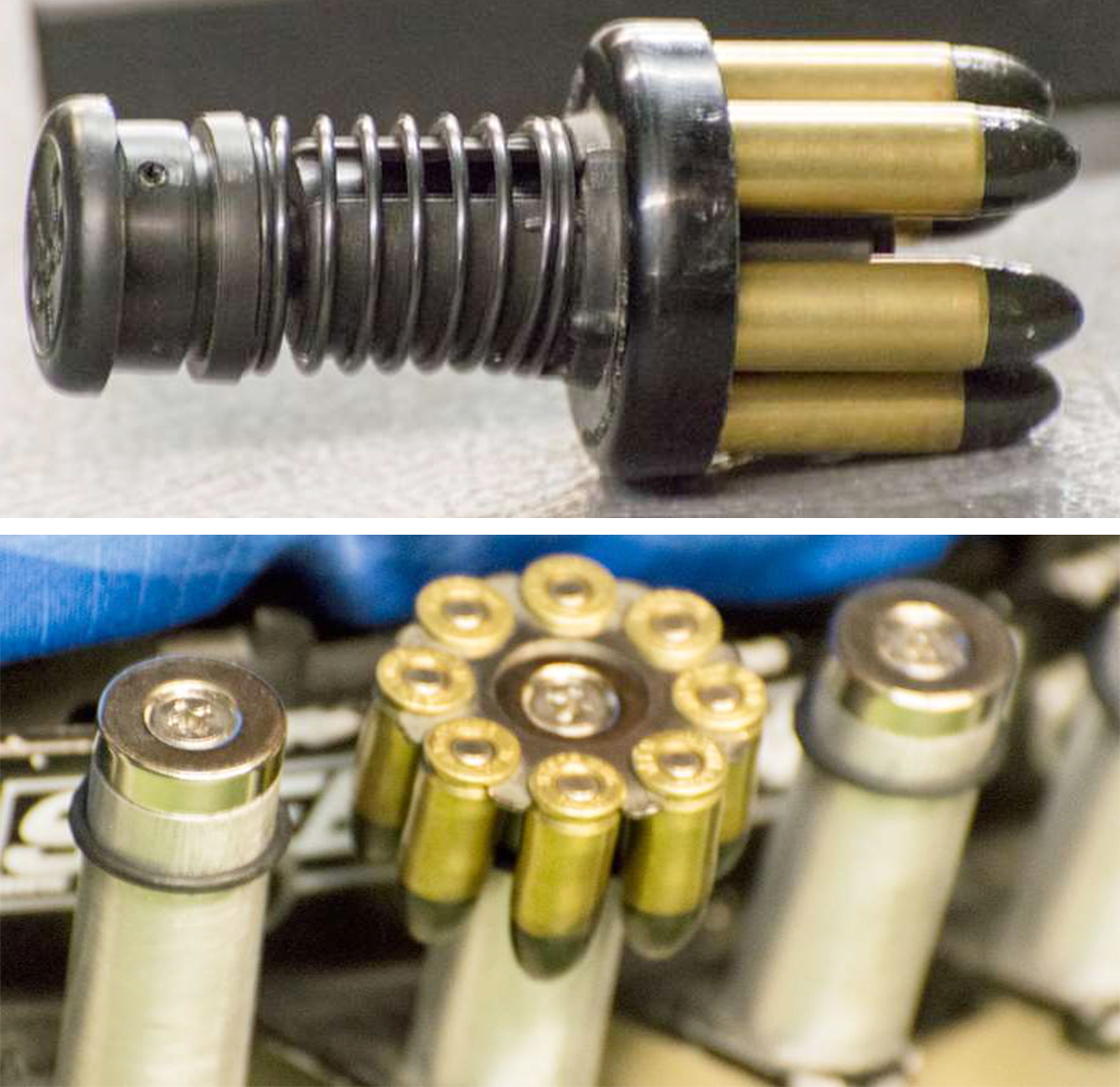
Mistakes happen. But every one a shooter can avoid making is one less time Murphy gets to tap them on the shoulder while sporting a big grin. Remember—some of the most consequential mistakes happen before the match.















